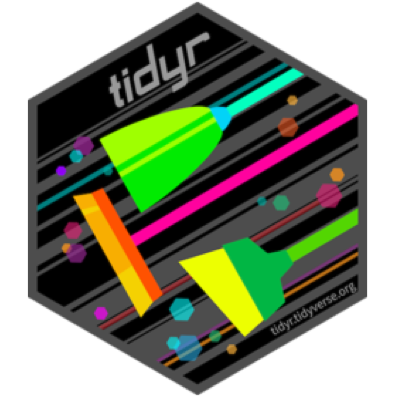The HealthyR Advent Calendar 2022 was a series of 24 R tips I shared on Twitter last December
It is based on “R for Health Data Science” by Harrison and Pius. Use JKL20 for 20% off, including free worldwide shipping.
Here’s a selection of the most popular ones, all 24 can be fount at this website: https://healthyradvent.netlify.app/
More information about HealthyR, including the book and freely available resources can be found at: https://healthyr.





